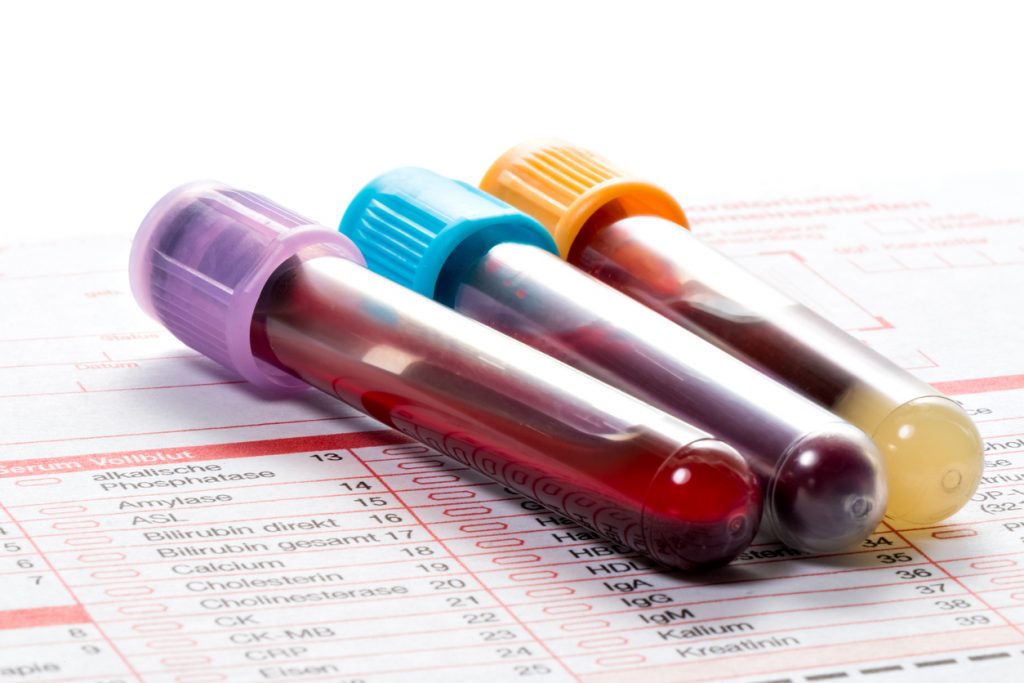
Hematology is the study of blood in relation to health and disease.
Blood plays essential roles in human health, including:
Transporting vital substances, such as oxygen and nutrients, around the body
Helping to control the body’s balance of water and acidity
Helping to control the body’s balance of water and acidity
Problems with the blood can affect several of the body’s systems, such as the lymphatic system, a network of tissues and organs that clear waste.
Blood disorders sometimes stem from problems with the bone marrow, where the body makes most of its blood cells.
Hematology aims to understand how these problems occur, how they affect a person’s health, and how to treat them.
Hematologists are medical doctors who specialize in diagnosing and treating problems with the blood and related structures, such as the bone marrow.
Tests and procedures that a hematologist may perform include:
Complete blood cell count: This test can help diagnose anemia, inflammatory diseases, and blood cancer. It can also help with monitoring blood loss and infection.
Platelet count: This test helps diagnose and monitor bleeding disorders.
Blood enzyme tests: There are many typesTrusted Source of these tests, which a doctor uses to help diagnose cardiovascular conditions, including heart attack.
Bone marrow biopsy: This procedure can help diagnose and monitor anemia, thrombocytopenia, which involves having a low platelet count, and some cancers.
Blood transfusions: This involves the body receiving healthy blood intravenously — through an IV.
Hemoglobin is a protein in red blood cells that carries oxygen around the body. Hemoglobinopathy is the studyTrusted Source of abnormal hemoglobin.
These abnormalities may indicate sickle cell disease, thalassemia, or other disorders. Each may cause episodes of pain.
This area of hematology focuses on diagnosing and treating blood cancers, such as myeloma. Blood cancers start in the cells of the immune system or tissues that make blood cells, such as bone marrow.
Anemias are conditions that lead to low levelsTrusted Source of hemoglobin or red blood cells in the body. Having anemia prevents enough oxygen-rich blood from circulating in the body. As a result, a person may feel unusually tired and experience muscle weakness.
Coagulopathy refers to disordered bleeding; it reflects the body’s ability to form blood clots. Blood disorders, such as hemophilia, are forms of coagulopathy. They make it difficult for the body to control bleeding.
It is common for hematologists to also train in oncology, which is the study, diagnosis, and treatment of cancer. The combined training allows these doctors to treat a range of blood-related illnesses, including some cancers. A person with blood cancer, such as leukemia or myeloma, may see an oncologist and hematologist separately, or they may see a doctor with training in both fields. Not everyone who receives a referral to an oncologist has cancer. Many oncologists train in hematology and see people with blood conditions that are not cancerous.